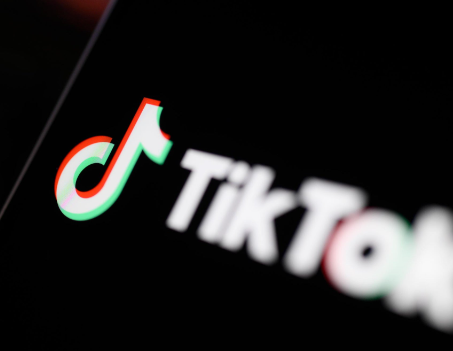Universal Music Group (UMG), a multinational music corporation, pulled its music from TikTok on Feb. 1, leaving many videos on the app muted and prompting many questions from its users. UMG pulled its music from the platform due to both parties failing to come to a negotiation on payment methods for artists.
Major artists like Drake, Ariana Grande, and The Weeknd have been removed from the app, forcing countless users who included thousands of popular songs on their videos to have soundless pages.
For creators and viewers alike, the main concern isn’t only focused on the videos being muted, but how TikTok has been a massive roadblock in major artists’ attempts to advertise for the last couple of years. Musicians and fans recognize equally that music is one of the central points of the app. A common way to have a video go “viral” is simply to have a popular audio linked to a trendy video.
Additionally, it is confusing how UMG is not concerned about total views, especially when they aren’t getting compensated for popular videos using their sounds. In defense of the music company, TikTok asked to pay under market value for the artists and their music, which many have pointed out to be unreasonable behavior for the app because of its large revenue.
These actions from both parties go to show how little major corporations care about their consumers, as it causes more of a hassle to not pay for the music than to simply cover the funding. However, it is still unknown how much money UMG was asking for, and even then it’s unclear if UMG was worried about the money going towards the artists or just themselves.
The situation shines a light onto how artists aren’t being properly supported financially in the new digital age. Though an artist can get millions of streams on a streaming service, they don’t get millions of dollars.
In 2020, Business Insider found out that Spotify streams paid about $.0033 per stream, meaning that it took about 250 streams to earn one dollar. And now, the only consistent way to directly support an artist through a third party is by actually buying the music, which seems a bizarre option in today’s age of generally-free streaming.
UMG does have the legal right to pull the music from TikTok, yet both parties are failing to acknowledge how this affects the musicians’ general popularity that controls the revenue for all sides.




